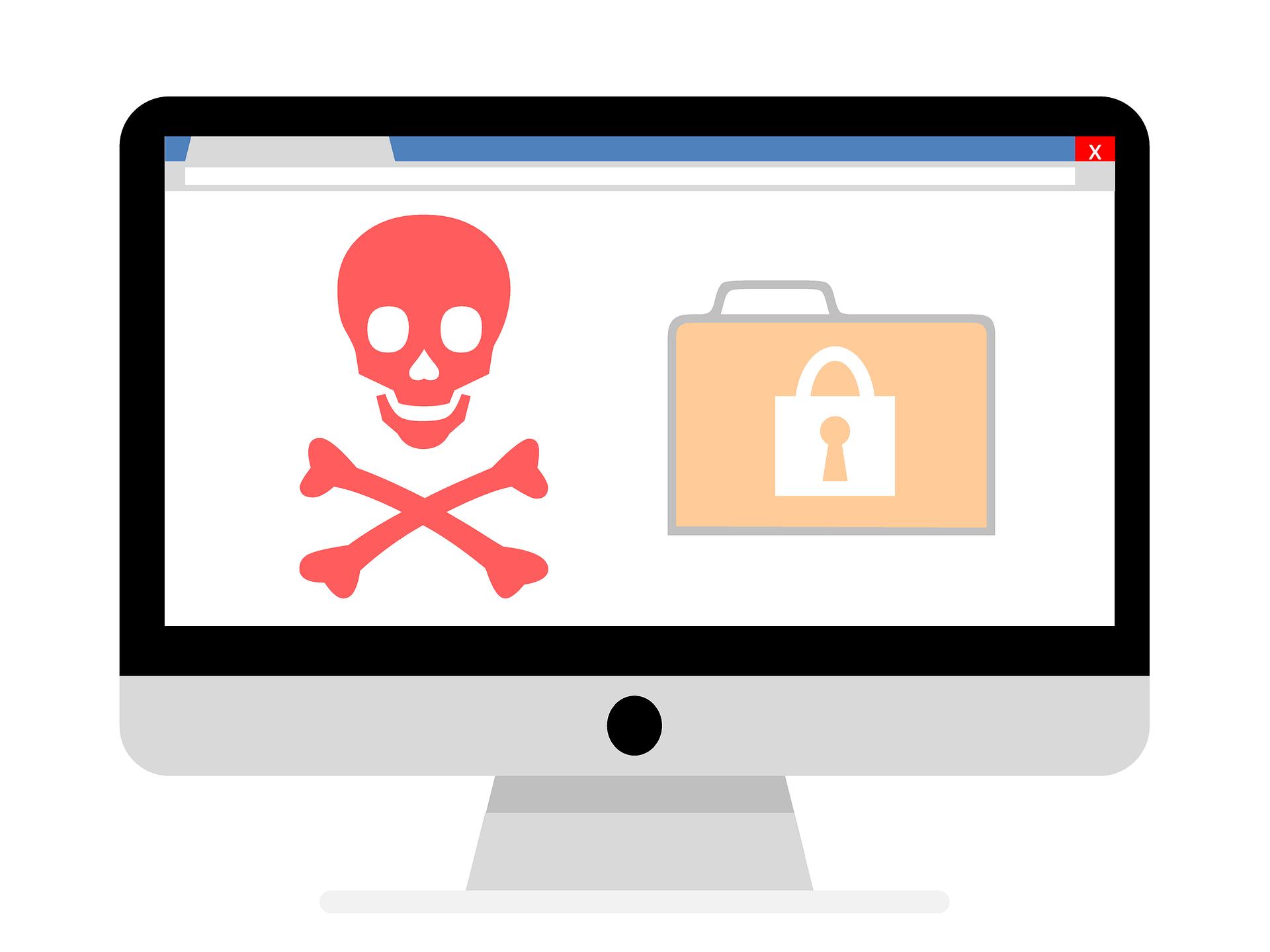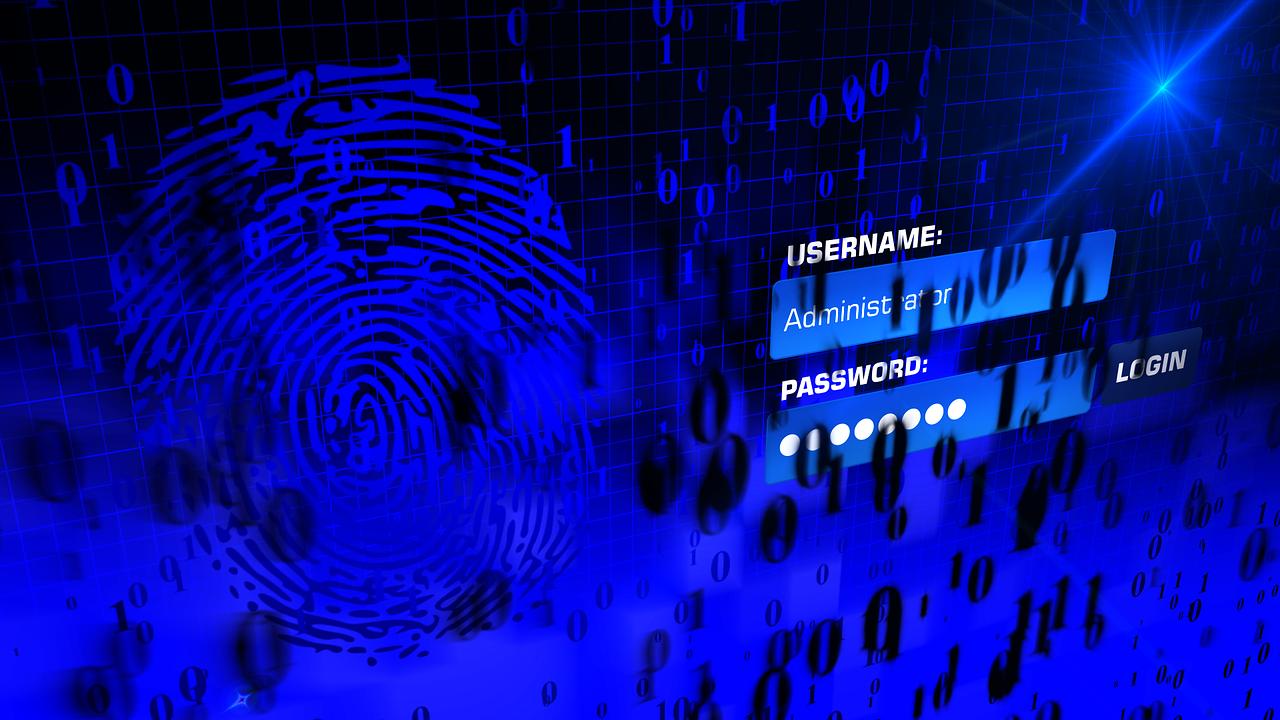3 Data Security Factors to Consider with Data Storage
Backing up important files is a key component to data security, as you likely want to have backups available in the event that the original version of your files gets lost or damaged in a cyberattack or other types of security incidents. However, it’s important to realize that data storage solutions can also be subject to a variety of security threats, such as if cybercriminals obtain your login information for a cloud storage solution, or if a rogue employee steals an external hard drive with valuable company information on it.
Thus, both individuals and companies looking to back up important files should consider risks such as the following, which can be prevalent across different types of data storage solutions. They should also potentially add protections like anti-malware software and cybersecurity training to try to stay ahead of threats.
1) The Risk of Malware

Malware is the broad term for the many types of malicious software, e.g. spyware and ransomware, that can make their way onto your device to wreak havoc, such as by stealing information, corrupting files and preventing you from accessing files. Malware can make its way onto your computer in a variety of ways, such as if you accidentally download a harmful attachment in an email, or it could be loaded onto your device from an infected thumb drive.
In the event that your primary device is infected by malware, a safe backup could come in handy, but your backups can also be affected. For example, if you have an external hard drive connected to a computer that gets hit with malware, the malicious software could then spread to the external drive, thereby harming your backup. That’s why it’s important to have the technology and training to try to prevent and detect malware on your device.
Malware can also make its way into cloud storage locations when a cyberattacker targets the cloud storage provider, so you may want to review your cloud storage provider’s cybersecurity practices to gauge your comfort level.
2) The Risk of Stolen Login Credentials

In addition to cybercriminals making their way onto your device or cloud storage environment through malicious software, they can also steal login information to access the files on your device or in the cloud.
One of the more common ways to steal login information is through what’s known as phishing. With phishing attacks, you may accidentally hand over your login information, such as if you get a fake email asking you to reset your password for your cloud storage provider. The fake email may then lead you to a fake site that the cybercriminal controls, and you may then be prompted to enter your old password before creating a “new” one. Then the cybercriminal has your password and can log in to wherever your data is stored.
Phishing attacks can also be made against cloud storage providers themselves, which is one reason why cloud backups alone may not be enough to protect your data. However, phishing attacks could also affect password-protected local storage devices. If the person who steals your login credentials can also access the local storage device, such as a rogue employee, they may be able to steal that data. As such, regardless of what type of data storage solution you use, it’s important to take measures such as training employees or yourself on how to recognize phishing scams.
3) Physical Security Risks

Data storage solutions can also be subject to physical security risks, including theft and destruction. For example, you may feel more comfortable having local storage on an external hard drive, as you may feel more in control of its security rather than trusting it to a third-party cloud storage provider, but there’s still a risk your external drive could be stolen. And as mentioned earlier, someone with physical access to your storage device could also load malware onto it.
However, cloud storage solutions are not necessarily safer, as your data is still housed in physical data center locations. A malicious actor could physically damage these data centers, causing you to lose access to your data.
As such, it’s important to consider physical security protections alongside cybersecurity ones. For example, if you have particularly sensitive data on an external hard drive, you may want to add additional security measures like keeping the drive in a locked location, and if you use a cloud storage provider, you should review their physical security measures.
As these data security factors indicate, no data storage solution is without risk. However, these risks should not deter you from using a backup, as it can still be a good way to prevent data loss, but individuals and companies looking to secure their data should think about not just the security of their primary devices but also of their backup storage locations.